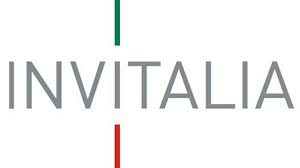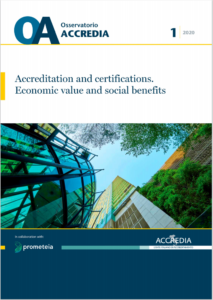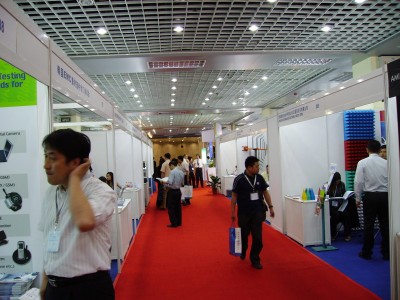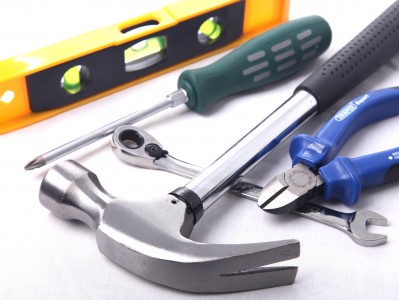Case Study
Labels and ‘slogans’ on the sustainability of products and services: how to orientate yourself?
Focusing on sustainability grows business and attracts consumer confidence. This is why ethical claims have become more widespread in the market. But how can you tell if these claims are true and verified?
Businesses have long understood that focusing on sustainability grows business and attracts the trust of consumers, who are increasingly attentive to social and environmental issues. And ethical claims are the most immediate and effective tool for reaching the market.
But how can we tell if these claims are true and verified?
A first step forward was taken with the adoption and publication in Italian of the international technical specification UNI ISO/TS 17033 “Ethical claims and supporting information – Principles and requirements”, which represents an important tool to put order, both at terminological and procedural level, in such a delicate area for all organisations and which pertains to the sphere of communication and transparency towards the market and consumers.
In order to provide application guidelines on responsibility and sustainability of the requirements of UNI ISO/TS 17033, UNI – Italian Standardization Body and ACCREDIA – Italian Accreditation Body have published the “Prassi di Riferimento” UNI/PdR 102:2021 “Ethical claims of responsibility for sustainable development – Application guidelines to UNI ISO/TS 17033:2020” identifying the elements that an organisation must take into consideration when declaring an ethical assertion of responsibility for sustainable development.
The purpose of the Practice is to indicate to organisations a structured and shared path in the elaboration and declaration of ethical assertions that intend to focus on sustainability issues.
“The ethical claims of responsibility for sustainable development” – explains Elena Battellino of ACCREDIA, Project leader of the UNI/PdR – “allows to promote the demand and supply of those products, services, processes whose characteristics can stimulate, with the involvement of stakeholders according to the principle of materiality, a process of continuous improvement towards sustainability throughout the value chain. Through a structured process that includes the assessment of the distribution of sustainable development impacts between generations and the use of reporting tools already widespread on the market, the organisation can support the actions underlying the claim also with reference to the fundamental issues of the UNI ISO 26000 and the 2030 Agenda’s Sustainable Development Goals, attracting more investors also thanks to the availability of non-financial information”.
“When you look at advertising, it seems as if all companies and products have suddenly become sustainable. But is this true? Does the company itself say so, or has anyone verified these claims?” – comments Emanuele Riva deputy director general of ACCREDIA. “The verification and validation of the claim ensures that a statement is not only true and unambiguous, but that it covers all the elements relating to sustainability (i.e. social, environmental and economic aspects) that are most relevant to the reference context. Objective data, declared results and achieved objectives are verified. This is a strong tool to protect consumers, who can now trust what they are told when promoting a product. “No more false promises and fake news,” concludes Riva. “Now there is someone who, with competence, impartiality and method, will be able to verify advertising claims on sustainability.






